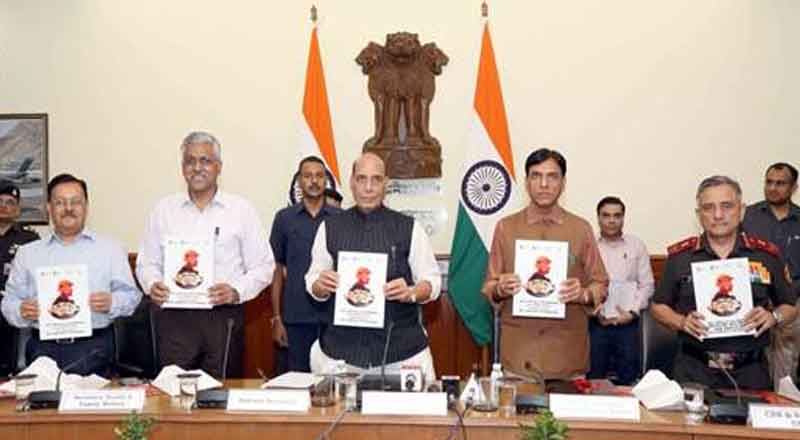Covid-19 has posed major challenges for governments and businesses across the globe and technology is playing a major role in combating the crisis. Indian industry’s actions will be the key to revival as it explores new opportunities.
I think businesses are looking at driving innovation in their products and services because that’s undergoing a change. The needs of the end customers have also shifted. We have seen customers opening up to the technology.
Nearly 70 percent of business-to-business startups cite client payment delays as a major issue, with retail and fintech start-ups most impacted. 7 in 10 B2B startups are also reducing their marketing spend significantly. At the same time, Business-to-consumer start-ups in the delivery space are facing immense manpower crunch, 9 in 10 travel and transport start-ups have been impacted by the global pandemic while 8 in 10 agri and fintech startups are facing a “significant funding crunch”. Majority of startups expect the impact from Covid-19 to last upto 12 months, according to the NASSCOM.
COVID-19 has brought many businesses to a screeching halt across the country, people are looking for alternatives to in-person services. Healthcare is no exception. Patients looking for routine treatments are avoiding hospital visits, pushing medical professionals to adopt telemedicine. This means patients can connect to healthcare providers via virtual visits — and maybe the end of waiting rooms forever.
As projected, there will be over billions of tele-health visits by the end of 2020. And now that insurers are willing to fully reimburse claims from tele-health visits, the industry is set to take off. Startups, as always, are helping pave the way.
The competitions among the start-ups also increases, yes some will definately survive, who could offer same-day appointments with a network of physicians bring newer opportunities. Many are coming up with much more disruptive ideas including, to offer healthcare practitioners a free, HIPAA-compliant video platform to virtually connect with their patients. Doctor on Demand takes telemedicine a step further, allowing patients to make virtual appointments with their own practitioners on the platform. These changes were driven by doctors, insurers, and the government. Telemedicine is being driven by patients looking for better, faster, and safer options for their care.





